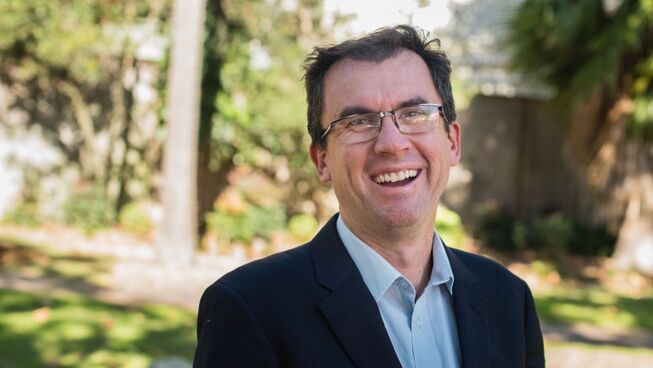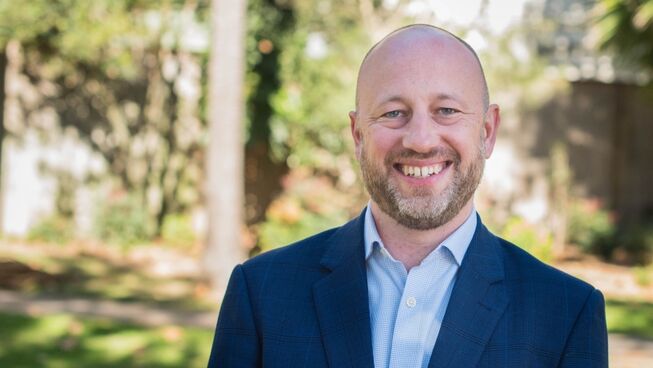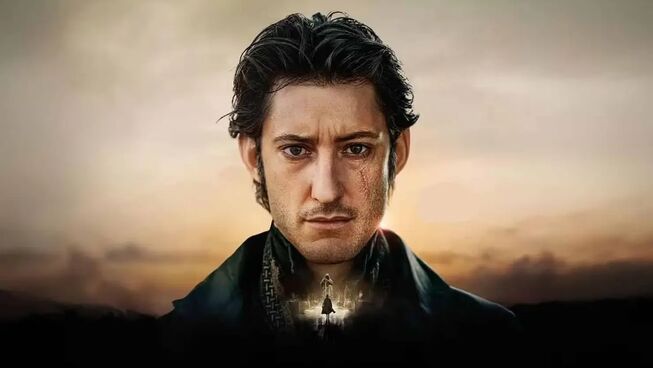Beyond the Facebook Friend

Andrew Laird refuses to be on Facebook! He says that it's because he's easily addicted to things - and Facebook looks like something he could be easily addicted to. But one of the main reasons for rejecting Facebook is that he hasn't seen anything in Facebook that would help him enhance his friendships ... and friendships are important.
Friendship is important
Research published by the Movember Foundation reveals that one quarter - or 1.1 million - of Australian men aged between 30 and 65 have few or no social connections. Other research estimated that about two and a half million British men, "have no close friends." These statistics reflect skyrocketing suicide rates among men.
So whilst many Australians have many 'friends' through Facebook, it would appear that this is a veneer. Underneath, many lack true friendships and relationships and the impact on society is tragic. English poet John Donne was no doubt correct in observing that, ‘no man is an island’. We are wired for friendship and relationships - hence the dislocation we feel when we lack friends.
What are the marks of a true friend?
Andrew (with the help of American theologian Tim Keller) shares four characteristics of a true friend: Constancy, Candour, Counsel and Vulnerability. As Oscar Wilde says a true friend is someone who 'stabs you in the front'.
Given these characteristics of true friendship, we can see why Facebook perhaps trivialises friendship. The problem with Facebook is not so much that it enables people to network and connect, but that it calls these connections, "friends". How can someone truly be vulnerable and have constancy before 1,000 Facebook friends?
Interestingly these concepts of true friendship are found in the book of Proverbs in the Bible.
One who has unreliable friends soon comes to ruin,
but there is a friend who sticks closer than a brother. (Proverbs 18:24)
This passage gives the wise advice to choose your friends wisely. Unreliable friends will lead to unwise decisions and ultimately to disaster. The Proverb also makes the radical claim that a friend can be closer than a brother. This was radical in a culture where family was the closest and most important social relationships. Here Proverbs says that friendship is even more important than family!
The wisdom of Proverbs speaks of the three c’s of good friendships. It offers practical and helpful advice to help us live today.
Constancy - ‘A friend loves at all times and a brother is born for adversity’ Proverbs 17:17
Candour - ‘Better is open rebuke than hidden love. Wounds from a friend can be trusted, but an enemy multiplies kisses’ Proverbs 27:5-6
Counsel - ‘As iron sharpens iron, so one man sharpens another’. Proverbs 27:17
How do I build a great relationships?
Whilst the Proverbs offers great advice on building good friendships - we ultimately fail. We are never the perfect friend. We fail to care for our friends, we make mistakes, we don't 'love at all times', we rail against the 'iron sharpening' that sometimes occurs.
Yet, though we fail, the good news of the Christian message, is that Jesus offers to be our friend.
I no longer call you servants, because a servant does not know his master’s business. Instead, I have called you friends, for everything that I learned from my Father I have made known to you. John 15:15
Jesus is a friend who will never fail or let us down.
Through we don't see him face to face, through his Spirit we can become connected with Jesus as a friend. He always satisfies the core characteristics of true friendship. He is there all the time (he is constant); his words in the Bible if read with humility can pierce our hearts and wound us for our good (he brings candour); and, we can share our deepest needs with him (he offers counsel). Friendship with Jesus connects us with the one who created friendship and this connection empowers us to be a better friend of others.
We can build great relationships by acknowledging our need for relationship, recognising that we fail to be the best friend, and then become friends with Jesus we can be empowered to be the friend we were made to be.
For a more detailed exploration of this topic, see this Bigger Questions podcast episode
How can we go beyond the Facebook Friend?








